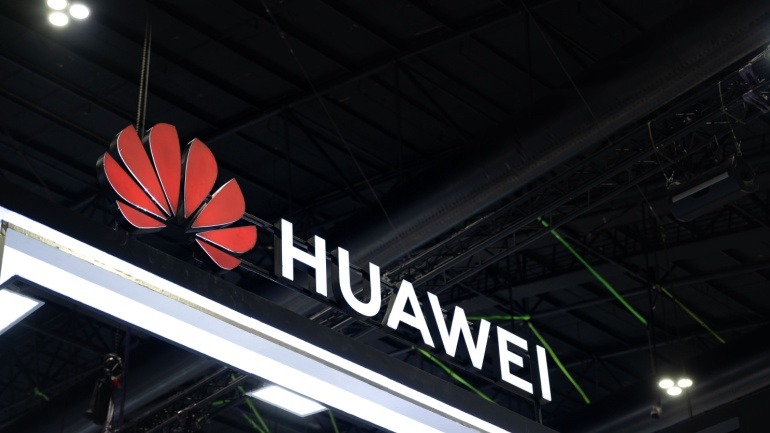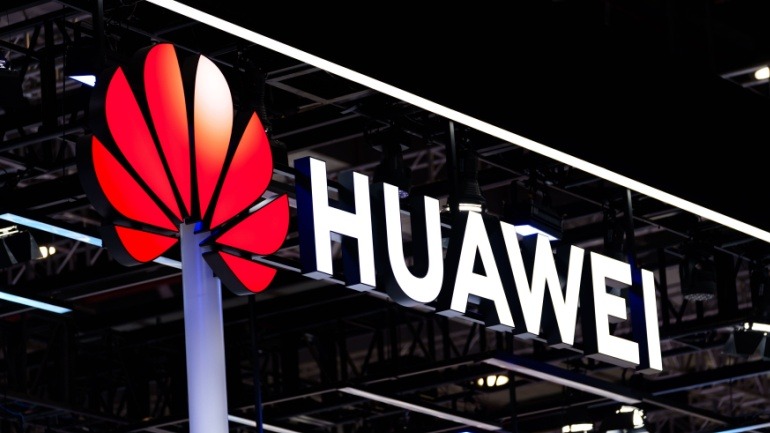The US continues to engage in a relentless battle with Huawei, attempting to curb the Chinese tech giant’s progress through sanctions. However, Huawei persists in finding ways around these barriers, prompting ongoing US countermeasures. This dynamic has led to a repetitive cycle of actions and reactions between the two parties.
According to a recent letter sent by the US select committee on the CCP to Commerce Secretary Gina Raimondo, Huawei has been operating a “clandestine chip network.” The committee is urging steps to halt its access to key semiconductor manufacturing equipment (SME). They argue that this restriction would prevent Huawei from circumventing chip supply sanctions.
From Huawei’s perspective, the company maintains that these sanctions have pushed it towards seeking alternative means to secure necessary components. They question the fairness of this approach, which uses Huawei as a proxy in the US-China tech trade dispute—a conflict driven by the US’s aim to maintain its technological dominance by limiting China’s growth.
“A key element of these efforts involves barring Huawei from purchasing US chips, alongside prohibiting the supply chain of critical SME for chip fabrication,” the letter reads. The underlying strategy is aimed at involving companies like Taiwan’s TSMC, which are not US-based but depend on US parts. However, the process becomes complex involving companies outside of US jurisdiction, particularly the Dutch company ASML.
ASML is a significant player in the SME sector, and the US has been pressuring the Dutch government to limit ASML’s technology exports to China. This situation has been taxing for ASML as its revenue from China, a substantial part of its business, becomes threatened.
The US strategy has met criticism, with some arguing that it damages global trade relations and threatens innocent third-party businesses, like ASML, that have no direct involvement in the US-China dispute. It also boosts China’s determination for technological independence.
The ramifications for global companies are significant. For instance, Nokia has appointed Mikko Hautala, a former diplomat, as Chief Geopolitical and Government Relations Officer. Pekka Lundmark, CEO of Nokia, emphasized the importance of understanding international diplomacy in navigating such complex geopolitical landscapes.
Efforts to manufacture chips domestically in China are ongoing. While the process is resource-intensive, China is determined to grow its chip-making capabilities. This perseverance indicates a potential future shift in global technology power, necessitating a possible geopolitical strategy reevaluation by the US.







